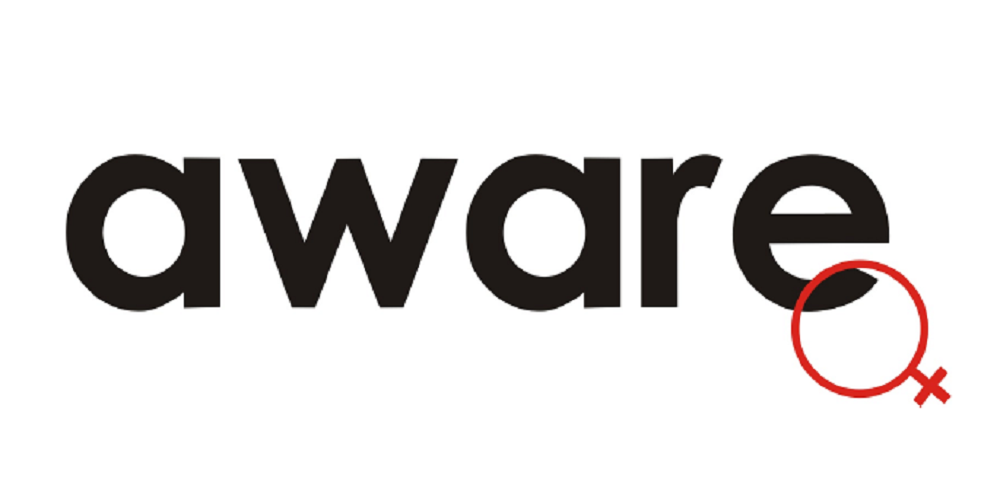Two in five workers in Singapore have been sexually harassed at the workplace in the past five years, according to a survey by market research company Ipsos in collaboration with leading gender-equality advocacy group AWARE. This is the first nationally representative survey on workplace sexual harassment in Singapore, said the organisation on Thursday when it released a report on the survey.
Conducted in November 2020, the survey collected responses from 1,000 Singapore citizens and permanent residents who had been in engaged in full-time, part-time, self-employed, and freelance work in the past five years.
AWARE noted in a statement that when respondents were asked if they had been sexually harassed in the workplace in the past five years, only 20 percent said yes. However, when specific harassment situations were described two them, that number doubled to 40 percent who said that they had indeed experienced such behaviour.
This indicates “a major gap in understanding of what constitutes sexual harassment”, said the organisation.
One in five respondents received pictures, jokes, texts, or gestures of a sexual or sexist nature at work, while approximately one in ten of them experienced this on seven different occasions in that same period.
One in five also were on the receiving end of alarming or offensive remarks about their appearances, bodies, or sexual activities while the same number of respondents received crude and distressing remarks of the same nature in the past five years. Again, one in 10 received such remarks on multiple occasions in that same period.
AWARE noted, “Unwanted physical contact, attempts to initiate romantic or sexual relationships, implications that career prospects were tied to sexual favours, and more.”
As for the perpetrators of such harassment, it was “most often the victims peer or senior n the office”.
Crucially and disappointingly, the survey revealed that only 30 percent of survivors of workplace sexual harassment even made official reports about their experiences. Those who chose not to often cited the desire to forget about the incidents, that they didn’t think the incident was severe enough, or due to a perceived lack of evidence.
In two of five cases where reports were made, the harasser was reassigned or dismissed. In the other 10 percent of cases, the perpetrator faced no consequences for the harassment despite evidence.
“We have known for years that workplace sexual harassment is a problem in Singapore, as many clients at AWARE’s Sexual Assault Care Centre have experienced it,” said Shailey Hingorani, Head of Research and Advocacy at AWARE. “However, up until now we have not had national data available on its prevalence.”
Ms Hingorani added that this survey “affirms that workplace sexual harassment is a pervasive and urgent problem” and that we cannot simply rely on official cases as the only measure of prevalence due to under-reporting.
“Lastly, it underscores the importance of identifying sexual harassment with clear illustrations—seeing that generalised definitions may be inadvertently perpetuating misconceptions,” she continued.
Director of Public Affairs at Ipsos in Singapore, Melanie Ng, said: “This research identifies a worrying prevalence of sexual harassment in the Singapore workplace today, and that it is the case for both women and men.”
In analysing the results of the survey, AWARE highlighted several inadequacies in the country’s current approach to tackling workplace harassment, such as the Protection From Harassment Act which does not inform employers of the protective and preventive measures with which they must comply. It also does not educate employees about their employment rights, noted the organisation.
“Furthermore, the Tripartite Advisory on Managing Workplace Harassment does not explicitly place a legal obligation on employers to prevent workplace harassment,” AWARE said in its statement.
As such, the organisation recommended that the government introduce national legislation against workplace harassment on top of a universal adoption of grievance handling policies and conducting regular anti-harassment training across industries.
Ms Hingorani noted, “We recognise that Singapore is, in some regards, ahead of many countries in addressing the scourge of sexual violence. However, when it comes to workplace sexual harassment in particular, we appear to lag behind countries that have specific legislations on the matter.”
“Giving employers an explicit statutory obligation to prevent and address sexual harassment, and educating workers on the remedies available to them against their employers, would provide a firm foundation from which to eradicate this very insidious and damaging behaviour.”
Adding to that, Ms Ng said, “While more education around the subject needs to happen, employers need to ensure that the reporting channels in their workplaces are accessible, safe and effective for employees to get the help that they need.”




